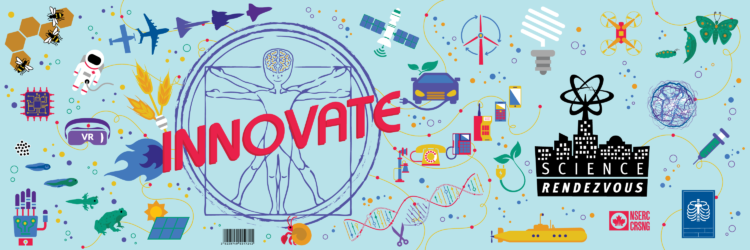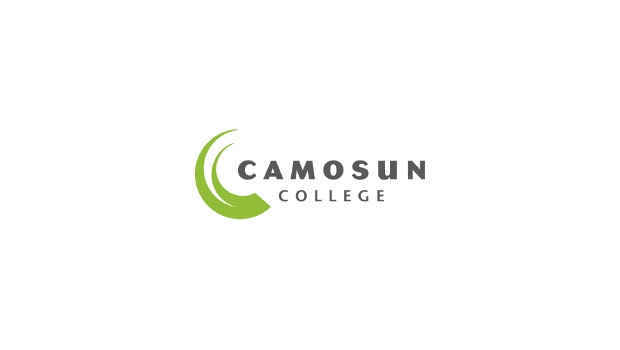It’s the morning of New Year’s Eve. A notification is sent about a mysterious illness in Wuhan, China. A week later, the CDC and then the World Health Organization (WHO) made an announcement of a novel coronavirus.
The notification came from BlueDot, a Toronto-based health data start-up founded by Dr. Kamran Khan. The company, whose name comes from Carl Sagan’s observation of Earth resembling “a pale blue dot” in a picture taken by Voyager 1, was borne out of Khan’s research at the University of Toronto and his experience on the front lines of the SARS crisis. “In 2003, I watched the virus overwhelm the city and cripple the hospital,” says Khan. “There was an enormous amount of mental and physical fatigue, and I thought, ‘Let’s not do this again.'”
Then, BlueDot accurately predicted the next 11 cities where the virus would spread, including Bangkok, Seoul, Taipei and Tokyo. “We didn’t know at that moment that this would turn into what it has, but we knew it had the ingredients to become something,” Dr. Khan explains.
Using natural language processing and machine learning, BlueDot collects insights on the emergence and spread of infectious diseases worldwide. “The internet is an important medium for gathering unofficial information, but it’s so vast,” Khan states. The algorithm surveys news articles in 65 languages, animal and plant disease networks, official proclamations, online forums, satellite data about environmental conditions and airline data, while ignoring social media to give advance warning. Artificial intelligence (AI) filters out the background noise and identifies genuine indications of an occurring outbreak. A team of vets, epidemiologists and doctors then review the conclusions.
BlueDot had predicted that the Zika virus would spread from South America to Florida six months before it did, and before WHO declared it to be an emergency. Now, the Canadian government is using their platform to support modelling, monitoring and decision-making. In his announcement of the partnership, Prime Minister Justin Trudeau declared, “We have the tools we need right here at home.” Not only will the software model the disease to track and thus help slow the spread, it will use anonymous location data to determine how effective the public health response and physical distancing is, if people are following public health advice and where valuable resources are needed.
Khan says we need to start “thinking about ways to spread knowledge and insights faster than infectious diseases themselves.” AI can be used to detect threats and respond to them faster, more intelligently, and more efficiently.
“We are in uncharted territory as a microscopic virus is now disrupting our entire planet,” Khan notes. “The COVID-19 pandemic has revealed the need to implement systems that proactively manage infectious disease risks which, in our rapidly changing world, are increasing in frequency, scale and impact. And it is with enhanced preparedness that we can get ahead of these threats to create a healthier, safer, and more prosperous world.”
It is not all that surprising that Canadian AI is paving the way in responding to COVID-19. Canada is home to the world’s first national AI strategy, thanks to the Canadian government and the Canadian Institute for Advanced Research (CIFAR), putting Canada in a position of leadership to leverage AI for immediate action in response to COVID-19. “The AI algorithms and data-processing power BlueDot used were not available in 2003,” says Dr. Alan Bernstein, president and CEO of CIFAR. “The speed of the global scientific response to COVID-19, and the openness of the scientific collaboration, are light-years ahead of what was available to us during SARS, in part thanks to advances in technology and AI that we could only have dreamed of then.”
BlueDot is not the only AI strategy Canada has in its arsenal in efforts against COVID-19. CIFAR has convened a virtual meeting involving five countries to discuss global AI strategies, launched fast-moving AI catalyst grants to stimulate and support AI responses and is advising governments on using AI in their response strategies. CIFAR will also soon announce the projects these AI catalyst grants will be supporting.
With the recent world-class advancements in Canada, AI is proving itself to be invaluable in strategies against COVID-19 and tackling immediate challenges that may arise in the future.


































